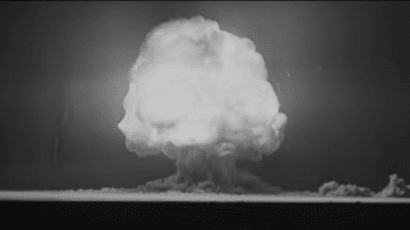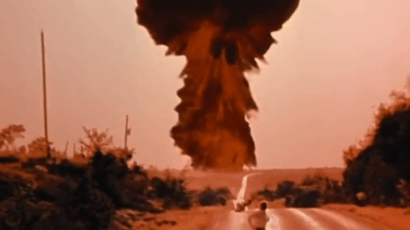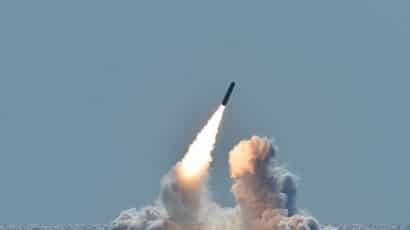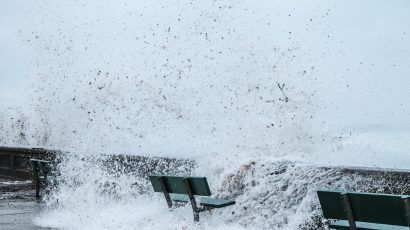Thorium: the wonder fuel that wasn’t
The Energy Department appears to have lost track of 96 kilograms of uranium 233, a fissile material made from thorium that can be fashioned into a bomb, and wants to put nearly a ton of left-over fissile materials in a government landfill, in apparent violation of international standards.








